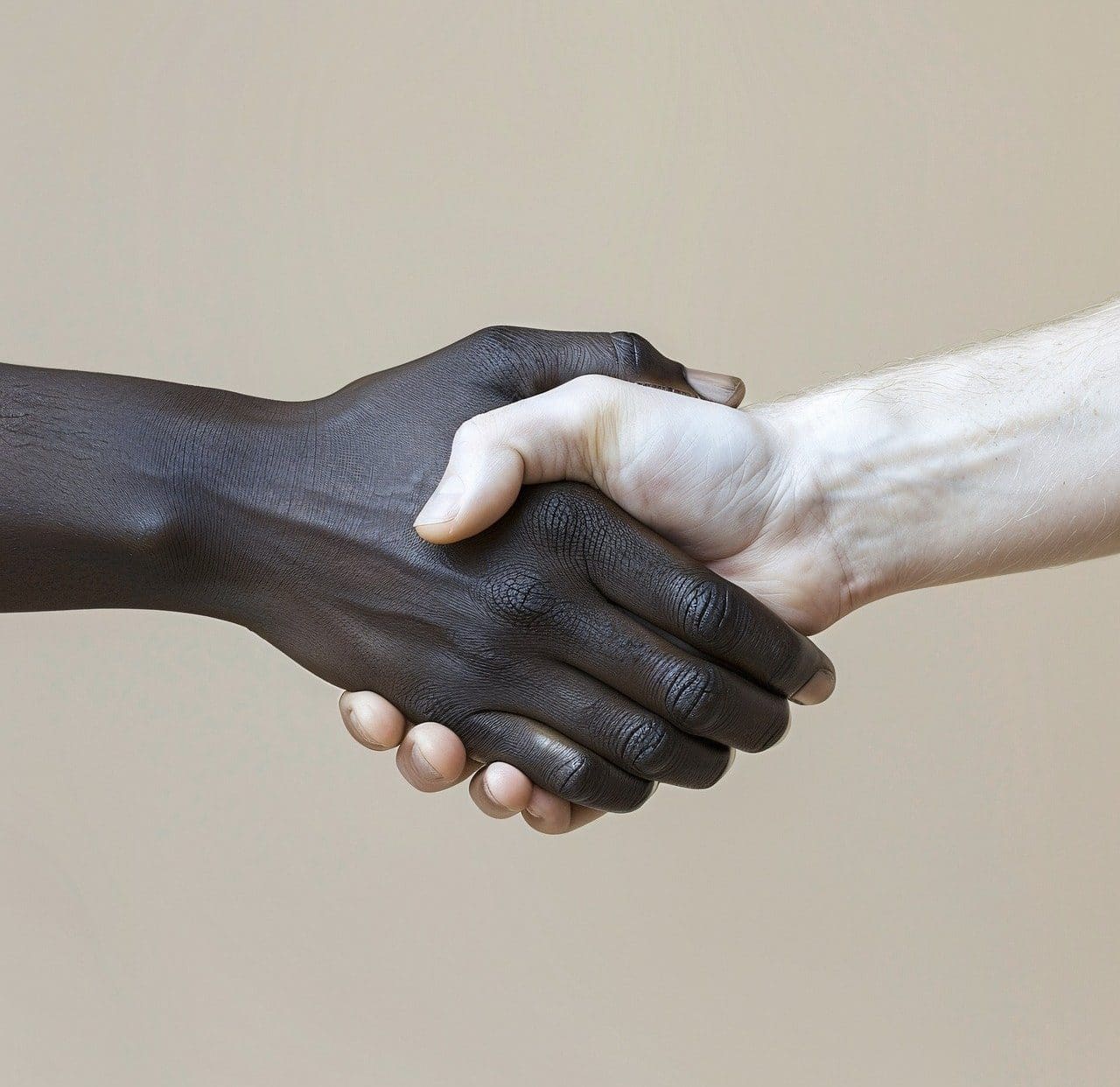
Personal responsibility is usually analyzed from ethics.
Personal responsibility is an obligation that an individual bears . The concept is usually associated with a moral commitment that the subject assumes by virtue of his or her values.
The idea of responsibility refers to a duty. Personal , meanwhile, is that linked to the person: a human being.
Personal responsibility can be understood as what someone is obliged to do . Although the concept is usually associated with morality, the mandate can also arise from a regulation or regulation.
Characteristics of personal responsibility
It is possible to understand personal responsibility in different ways. When consequentialism is appealed to, the person's responsibility emanates from the consequences of their actions: that is, if their actions cause harm, they are responsible for said effect.
Deontology , for its part, attributes intrinsic value to acts. There are religious, cultural and other precepts that indicate that an action is wrong or right in itself. In this case, personal responsibility is implicit in what was done.
If the moral aspect is considered, personal responsibility is always internal. There is a weight of individual conscience regardless of the codification of the act or whether it has been discovered or noticed by others.

Education in values helps to assume personal responsibility.
Free will and determinism
The existence of personal responsibility is the basis of the so-called free will . This belief maintains that human beings make their decisions freely, being able to choose how to act. This means that, when someone decides to carry out an action freely, they have responsibility for it and its consequences.
Determinism , on the other hand, expresses the opposite. This doctrine states that all events arise as an unavoidable result of preceding causes. Some versions of determinism introduce the existence of destiny , a kind of power that governs reality. Thus, human beings do what destiny dictates and there is no personal responsibility.
In colloquial language, the notion of personal responsibility is close to free will. It is usually considered that people should take charge of their own actions and strive to ensure that their actions lead them to the desired goal.

Personal responsibility involves acting with respect for oneself and others.
Importance of personal responsibility
Continuing along this line, personal responsibility requires self-discipline so that decision-making is carried out with integrity and honesty . Each subject must make a commitment to themselves and be proactive to meet their objectives.
Personal responsibility, in this sense, arises from autonomy . When one has self-confidence and conducts themselves with individual freedom, they achieve empowerment and assume responsibility for their present and future. An individual is responsible for solving problems in his life, for which he needs resilience and adaptability .
It should not fail to be taken into account, however, that the human being is a social being and that each person is born and develops in specific circumstances. No matter how much someone takes responsibility for their personal growth, they may not have the resources or opportunities to progress.
self-care
Self-care has a direct link with personal responsibility. Maturity is required to adopt measures that are beneficial or positive for oneself.
It is essential to be aware of what you do. Each person has to take care of themselves and carry out acts that are not harmful to themselves or third parties.
Resting the necessary time, eating a balanced diet, doing physical exercise and reducing stress are issues that, to a greater or lesser extent, depend on each subject. Therefore, there is a personal responsibility for one's own well-being .
Attitude is also a self-management factor. Those who do not suffer from a psychological or emotional disorder are in a position to adopt a favorable disposition to construct their own reality and guide their experiences.
Examples of personal responsibility
Take the case of a young man who must face his father's illness. His personal responsibility leads him to postpone his plans to care for his father: thus, he leaves aside leisure outings to accompany him and helps him financially. Assuming this responsibility contributes to the emotional well-being of the boy who, in the midst of a difficult situation, acts with gratitude and love for his father and does what he feels he should do .
Let's now think about a woman who enjoys a good economic position. Beyond her individual situation, her personal responsibility leads her to exercise active citizenship , she gets involved in community participation projects and puts herself at the service of others. This woman has empathy and understands that around her there are many people who, unlike her, cannot satisfy their basic needs. That is why he considers that he has to act with compassion and solidarity and work for equity and social justice. Its intention is that everyone can access the benefits and comforts that it offers.
Let us now consider the reality of a family living in a coastal town. The personal responsibility of each of its members makes them committed to protecting the environment , aware of the importance of preserving the marine ecosystem. In this way, they carry out volunteer tasks to fight for sustainability and resource conservation.
